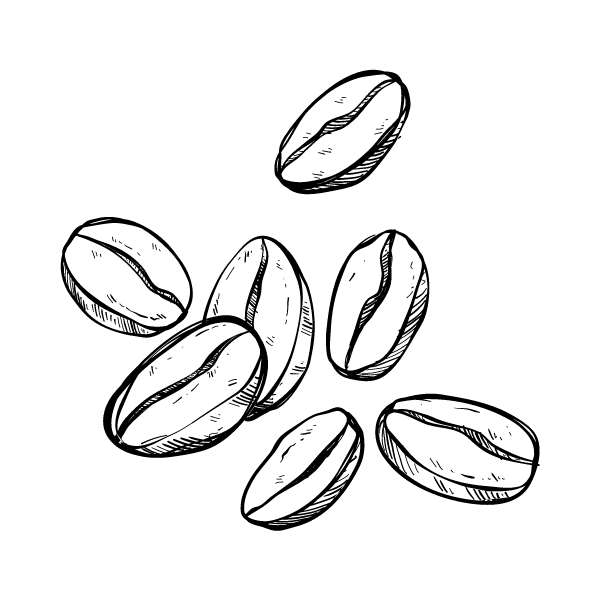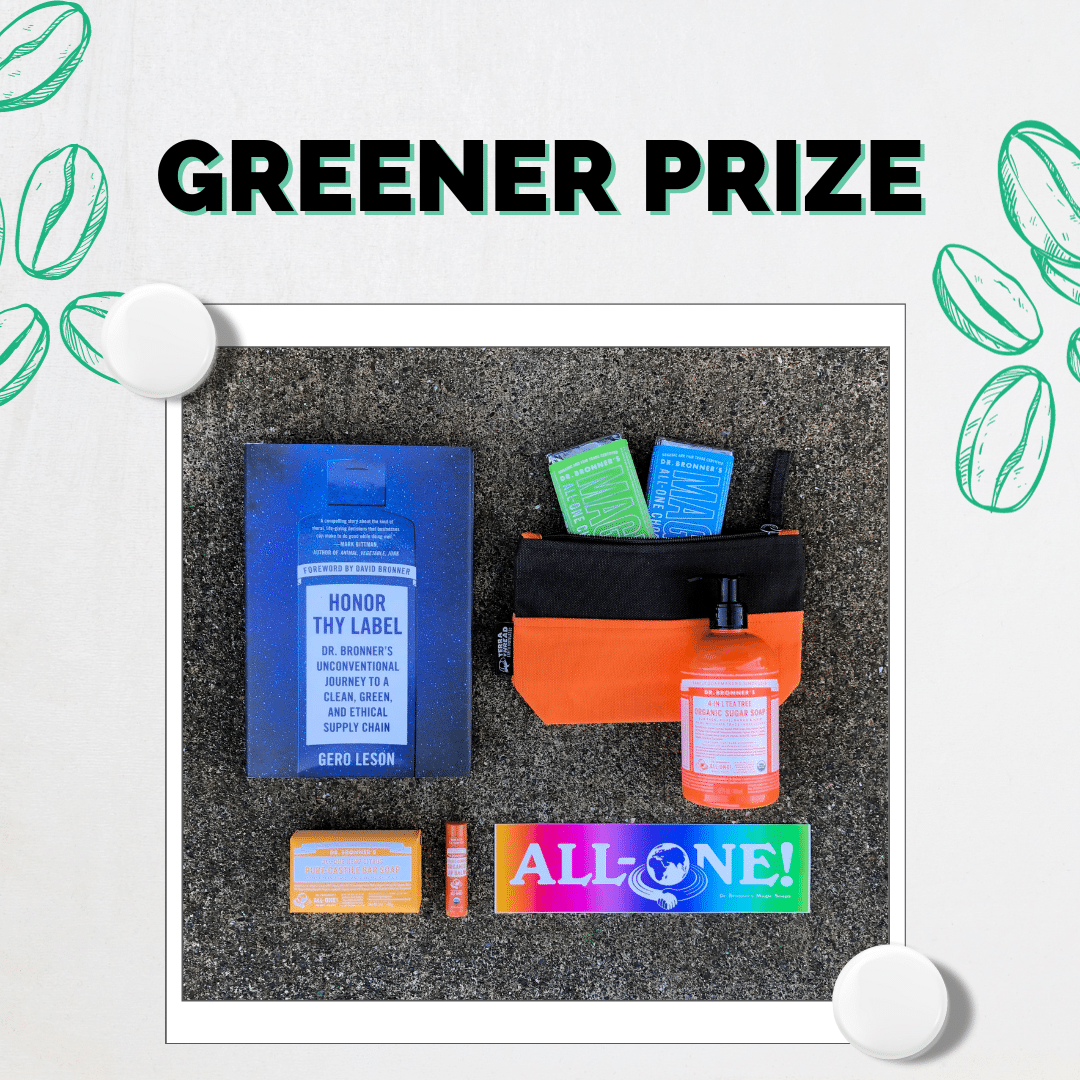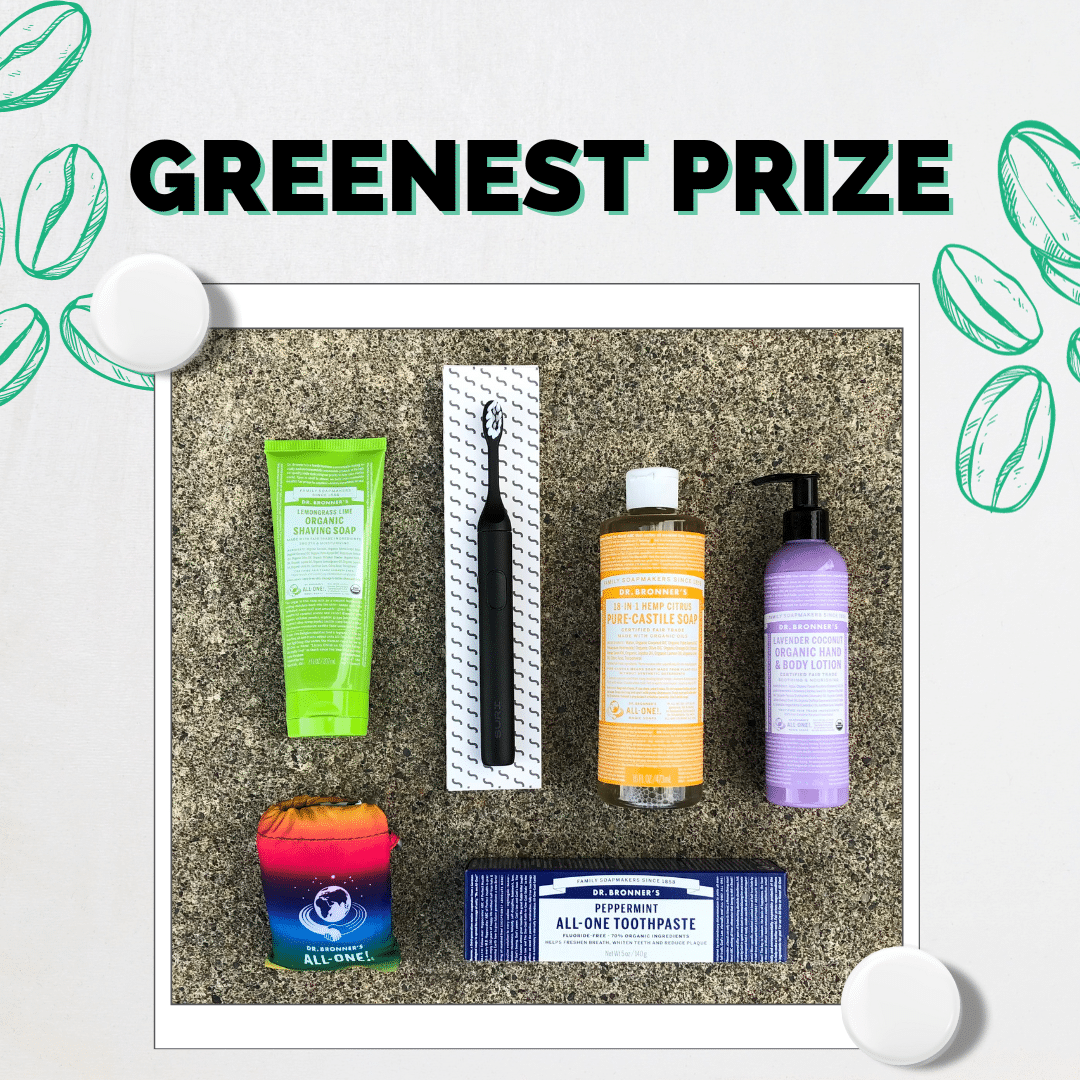
What does Fair Trade mean?
How often do you consider the ethics and values of your food? One of the most ethically complicated food producers is the cacao industry. Cacao is enjoyed in numerous forms across the globe and celebrated by many different cultures, whether through drinks, baked goods, or simply as raw cacao nibs. However, this popular indulgence has come under fire due to the widespread disregard for environmental protection and workers’ rights common in this industry.
Consumption of unethically-made chocolate is widespread globally, largely due to the low price point – which sadly comes at the expense of people and the planet. When deciding between a snack that costs a dollar and one several times more expensive with an unfamiliar certification on the wrapper, the choice might seem obvious. However, an artificially low price tag often comes with hidden consequences. Although you might not know it from the look or taste, supply chains of conventional chocolate contribute to poverty, gender inequality, labor exploitation, and deforestation.
As a consumer, you have immense power in your hands. Consider that every purchase has the potential to create a more socially, economically, and environmentally just planet. That’s why certifications like Fair Trade are so important. They give consumers a way to align their purchases with their values. You may see a label advertising a product as Fair Trade in the grocery store, but what exactly does that mean, and how much does each purchase actually matter?

Fair Trade directly opposes a global economic system that prioritizes profit at the expense of human beings and/or the environment. Fair Trade prioritizes workers, communities, and the planet by offering fair wages, safe working conditions, and long-term, protective relationships with workers at every stage of production.
“It is ironic that those who till the soil, cultivate and harvest the fruits, vegetables, and other foods that fill your tables with abundance have nothing left for themselves.”
– Cesar Chavez, labor leader and civil rights activist
Creating a world that values fairness in wages and treatment may seem hard, but our support of Fair Trade can have a lasting and massive impact! A product on the shelf offers little information about ingredient origins, processes required to extract resources, or overall impact of production. When shopping in-store or online, have you ever stopped to think about how a product is made, who made it, and under what conditions? If these stories were presented at the point of purchase, we would have a more complete understanding of origins, impact, cause, and effect – making us better equipped to make informed choices.
It is our responsibility as consumers to advocate for the world we want to thrive in. When our supply chains contain harsh conditions and exploited workers who may be paid less than $1 per day, a serious shift in demand for ethical products is vital to create a just future.
Some Fair Trade labels enforce a Fair Trade Minimum Price, fighting for higher minimum wages and ensuring prices never shift low enough to prevent workers from being paid. This is critical, as the prices of many crops stray far from what it costs a farmer to grow. The Fair Trade Premium is an additional sum on top of the minimum price that goes into a communal fund. Farmer organizations democratically decide how to use those funds to invest in communities.
Not only do Fair Trade standards support the livelihoods of farmers and societies, they also steward the environment! By encouraging farmers to improve soil and water quality, avoid harmful chemicals, manage waste responsibly, reduce emissions, and protect biodiversity, Fair Trade upholds environmental protections that are otherwise lacking throughout the industry. These standards recognize how supporting small-scale farmers has a positive impact on our planet.
As you often can’t meet the people who make the products you buy, third-party certifications and Fair Trade labels help guide us to match our purchases with our values. Labels such as Fair for Life, Fairtrade International, World Fair Trade Organization, and Fair Trade Federation verify that a product adheres to certain standards. While the specifics vary, all include provisions for fair and transparent prices for farmers, better wages for workers, and premiums to support sustainable production and community development.
There are organizations, like the grassroots movement Fair Trade Campaigns, working tirelessly to expand awareness and availability of Fair Trade products to make ethical consumption easy and accessible for everyone! Companies like today’s partner, Dr. Bronner’s, have made powerful, proactive, proven commitments to support the organizing efforts of smallholder farmers around the world and build expanded fair supply chains. Rather than viewing production as a piecemeal operation, Dr. Bronner’s looks at systems holistically and asks how any item can be made and sold to benefit everyone involved.
Next time you reach for a bar of chocolate, bag of coffee, box of tea, bunch of bananas, bulk quinoa, or many other grocery and home products, take a moment to select one with a Fair Trade certification. Together, we can grow the Fair Trade market and promote sustainable practices that support humanity and our shared Earth, one purchase at a time.
Chocolate is just one example of an item that has influenced the Fair Trade movement. Alongside a wide array of food and beverages, clothing, home goods, art, and more can also be Fair Trade certified. Fair Trade handicrafts support artisans by providing greater profit and a way to make a better living. Exploitation is too common for artisans, especially in countries dependent on tourism.
Research one product (besides chocolate!) to discover the differences between Fair Trade and conventional processes. For some ideas, start here.
Now, define Fair Trade in your own language and share what you learned about researching your product.
Share a meaningful, clear, and concise definition of Fair Trade on Instagram to raise awareness. Post it as graphical text or a photo and caption. Be sure to tag @TurningGreenOrg, @DrBronner and @FTCampaigns, as well as #PGC2023 and #FairTrade.
Upload your results and responses in a PDF document including a screenshot of your social post. Include your name (or team name), username, and school on your upload.
Submission Guidelines
The goods you use, food you eat, and clothing you wear are almost always grown, produced, packaged, and transported by people you’ve never met in places you’ve never been – or perhaps even heard of. You may have a great relationship with your favorite coffee shop, but what about the farmers who harvest the beans?
It’s time to assess your own life and purchasing habits. Individual actions add up to massive collective impact, so let’s take a look at your potential for personal contribution to the Fair Trade movement in any number of forms.
Watch this video that highlights the importance of supporting Fair Trade and mission-driven businesses. Browse Fair Trade Campaigns’ Myths and FAQs and Fair Trade 101 Guide to gain better understanding.
Share two things that left an impression.
Next, get familiar with the many types of Fair Trade labels and how they rank, so you know what to keep an eye out for.
Then, research Fair Trade versions of three items you purchase regularly. This can be food, skincare, home goods, or anything else. Assemble a list, comparing each conventional product and Fair Trade equivalent. Note attributes like price difference, where the item was produced, and who produced the product.
Create a visual depiction of that comparison and upload to Instagram. Caption it with an explanation of your learnings and tag @TurningGreenOrg, @FTCampaigns, and any Fair Trade brands you include, using hashtags #PGC2023 and #FairTrade.
Upload your responses in a PDF document including a screenshot of your social post. Include your name (or team name), username, and school on your upload to be eligible to win.
Submission Guidelines
As you have learned, conventional chocolate alone contributes to poverty, gender inequality, exploited labor, and deforestation. A more sustainable, ethical, readily available choice is Fair Trade… like the Magic All-One Chocolate of our dreams! Our choices as consumers can hold corporations accountable, while also uplifting individual producers and the Fair Trade movement as a whole.
First read about Dr. Bronner’s journey to ethical chocolate and then watch this video to learn about the people, values, and story.
Your challenge is to create a campaign to help the public understand what it means to purchase Fair Trade chocolate, how it impacts people and the planet, and why consumers should support such practices. Be bold and creative!
Whether you make a poster, infographic, social media blast, video, Reel, or any other creative communication, post it on Instagram and any other social media platforms! Tag @TurningGreenOrg, @FTCampaigns and @FairWorldPrj, using hashtags #PGC2023 and #FairTrade.
Upload your responses in a PDF document including a screenshot of your social post. Include your name (or team name), username, and school on your upload to be eligible to win.
Submission Guidelines
Up to 10 Greener and 10 Greenest outstanding submissions will be selected as winners.

Each Greener Winner will receive:

Each Greenest Winner will receive: